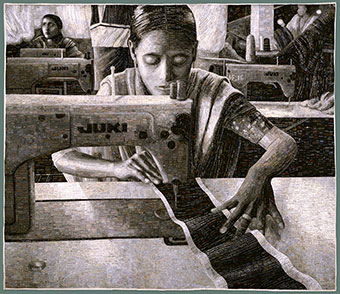Does the term Web 2.0 confuse or annoy you? Is there anything beyond the flashy buzzword? Well I guess the best way to begin to understand Web 2.0 is to experience it (insert your Matrix jokes here!) but if you prefer to be guided by someone else then I can recommend Peter Gigerâ??s (2006) Licentiate Thesis on the topic. The title is â??Participation Literacyâ?? and it is an interesting exploration in the termâ??s growth and meaning.
From the abstract:
The thesis concerns the Web 2.0 concept construction. Web 2.0 is a new mindset on the Internet. The main characteristics include â??Web as a Platformâ??, Collective Intelligence, Folksonomy and interfaces build with lightweight technologiesâ?¦Web 2.0 is not only a technique, but also an ideology â?? an ideology of participation. A Web 2.0 service is completely web based and generally draws on open access. It includes tools for people to interact within areas such as encyclopaedias, bookmarks, photos, books or research articles. All Web 2.0 services are web communities. A web community is a group of individuals, linked together by a network of social relations with some degree of continuity. Community members learn from each other and the knowledge base of the community grows for every interaction. The core values of Web 2.0 are democracy and participation.
Download it here or visit Peter’s research blog.


